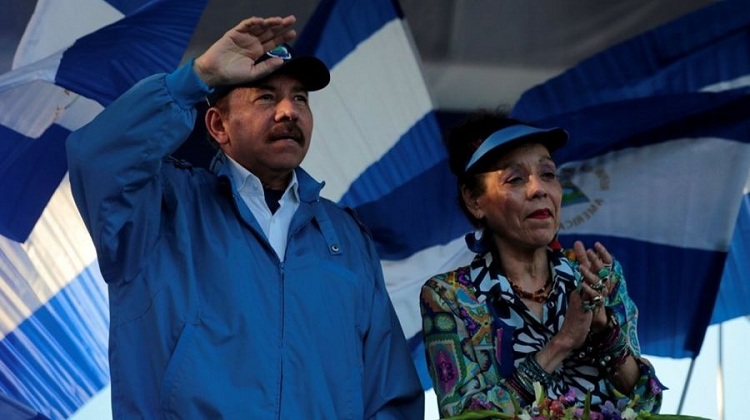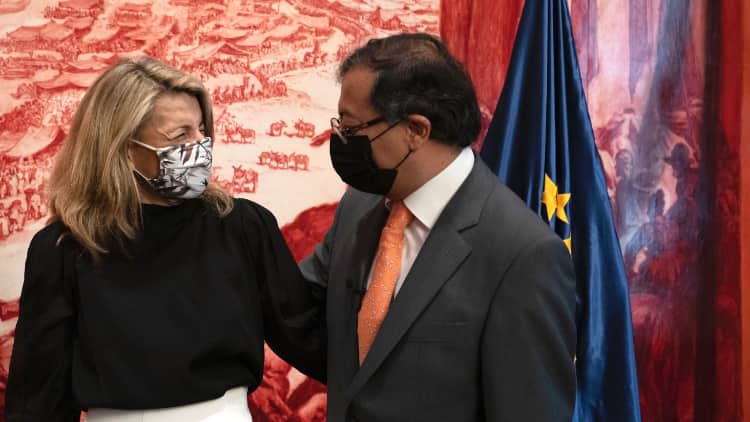The Diplomat
The EU Council imposed restrictive measures this past Monday against seven more individuals and three entities in Nicaragua, including several family members of President Daniel Ortega and Vice President Rosario Murillo, the Nicaraguan National Police, the Supreme Electoral Council and the company in charge of overseeing telecommunications and postal services.
“The listed individuals are responsible for serious human rights violations, in particular the repression of civil society, support for fraudulent presidential and parliamentary elections and the undermining of democracy and the rule of law,” the EU said.
The approval of the new sanctions coincided with the meeting held this Monday by the Minister of Foreign Affairs, José Manuel Albares, accompanied by the Secretary of State for Latin America and the Caribbean, Juan Fernández-Trigo, with a group of relatives of political prisoners in Nicaragua, before whom he reiterated the Spanish Government’s rejection of “the violation of Human Rights in the country”. Daniel Ortega and Rosario Murillo were sworn in on Monday for their fifth presidential term, after winning in presidential elections that have been rejected by the international community, including Spain, which has described them as a “mockery of democracy”.
The restrictive measures – which include the freezing of assets, a ban on the provision of funds and travel bans to or within EU territory – already apply to a total of twenty-one individuals and three entities. The sanctions regime in relation to Nicaragua was first adopted in October 2019, after the Council repeatedly expressed its concerns about the deteriorating political and social situation in the country. On May 4, 2020, the Council adopted the first restrictive measures against six individuals.
Last November 8, the High Representative of the Union for Foreign Affairs and Security Policy, Josep Borrell, issued a statement on behalf of the Union in which he underlined that the elections that took place in Nicaragua on November 7, 2021 were held without democratic guarantees and that their results lacked legitimacy.







